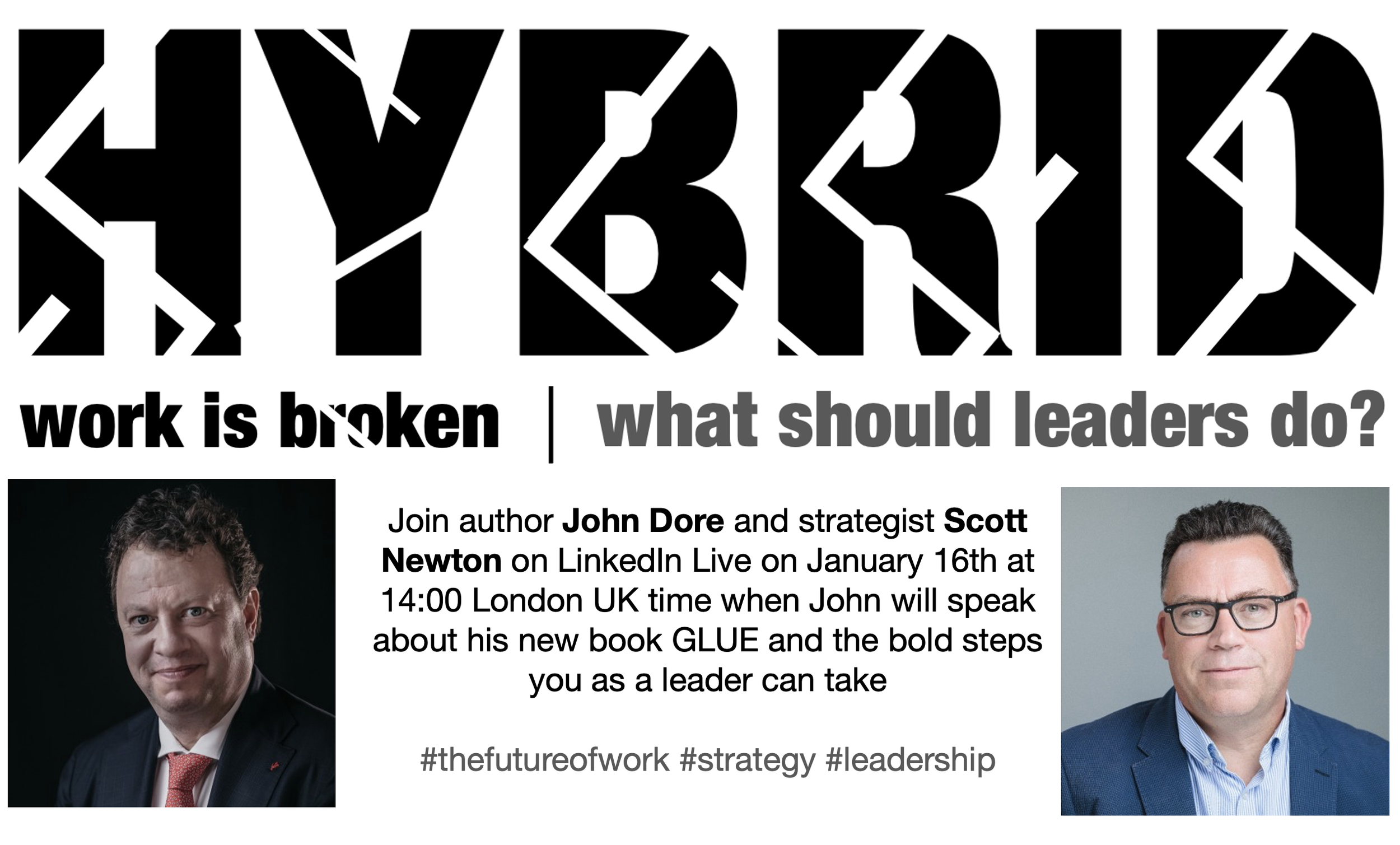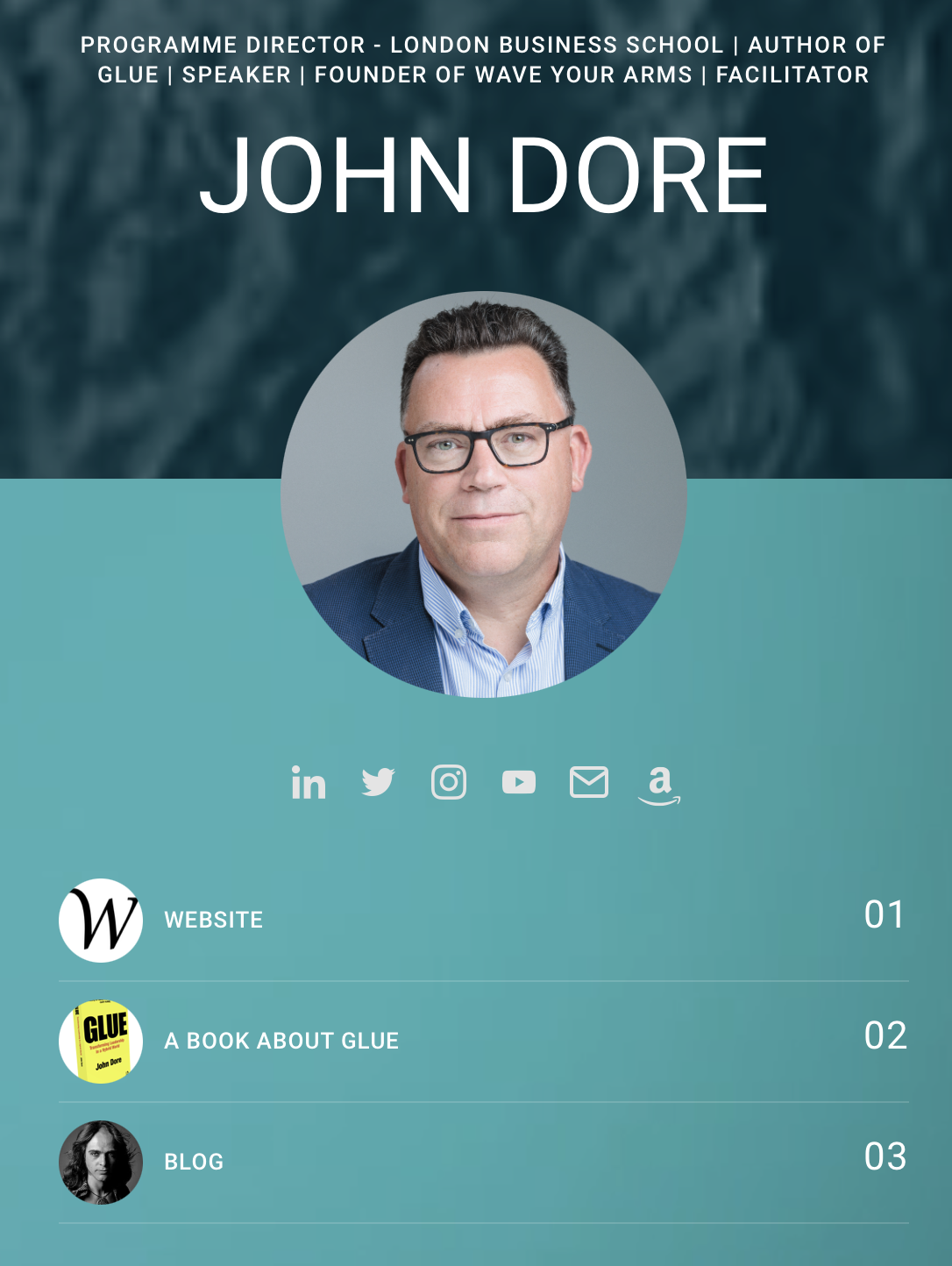TEDx. A tired format, brilliantly re-booted.
/I'm just back from TEDx hosted at the Royal Geographic Society in London and created by a group of volunteers from London Business School. In recent years I had found that the TED format had lost its zing. Fifteen years ago, there was real insider kudos gained and knowing nods to be found from fellow sage-like TED aficionados. It seemed then that you could become a member of some smart-thinking illuminati, simply by accessing the internet and pressing play.
There was something wonderfully new about exploring TED. Ten years ago a ticket was a rare commodity, before the TEDx format spread internationally and the live experience became more accessible. Five years ago, everyone you knew (or, at least 'knew' in a LinkedIn sense) had just found TED and your corporate mailbox server ground to a halt with ubiquitous shares of Ken Robinson's inspiring talk about creativity, or Amy Cuddy making you feel deeply self conscious about your posture.
In 2010, Simon Sinek rocked up at one gloomy looking TED venue and despite his talk being poorly lit and hampered by a clunky microphone that didn’t work, he memorably carried on and scribbled three circles on a flip-chart. Within days his talk on 'Start With Why' went viral and the subsequent book became required airport lounge reading. Suddenly TED was everywhere. You watched agog as Tony Robbins high-fived with Al Gore in the front row and you slumped in your seat and realised that everyone else on the train was wearing white in-ear bud headphones just like you were, ten years ago.
The world of inspiring ideas worth spreading seemed a little thinner and less appetising. Then Carmine Gallo wrote ‘Talk Like Ted’ which sold by the crate load and other writers followed with 'Make Your Powerpoint Look Like Ted', ‘The Storytelling Secrets of TED’ and ‘How to Decorate Your Home like a TED venue’. I exaggerate only slightly. By now, your CEO was paying thousands for coaching sessions from communications consultants helping him unpack his humble beginnings at Oxford, McKinsey and BlackRock into an 18 minute tale of journeyman heroics and heartfelt lessons learnt.
So my expectations were at best lukewarm as I trundled past the incongruent modern entrance of Imperial College that looms over Exhibition Road and wandered into the faded one time grandeur of the RGS theatre. TEDx London Business School is on its sixth edition in as many years, with all coordination, programme design, speaker selection, sponsorship and production coordinated and led by a group of students at the School. This year’s programme was entitled “Ctrl Alt Delete”. As a monogamous Mac user, this meant little to me, though the theme of re-booting and resetting your thinking became apparent through the sessions. Following an open competition, two of the sixteen on-stage speakers were LBS students. One of them, Daniel Robaczewski, was by far the most entertaining, good-looking and engaging speaker on the day, though since his session was on the power of hypnotism and mind-control, perhaps I should not have allowed him such ready access to my sub-conscious before writing this.
I thoroughly enjoyed LBS’s TEDx, but not for the “format” reasons I had expected. The pattern of carefully rehearsed talks, on varied perspectives, challenging assumptions and thinking is well worn and I am also fortunate working at various times with LBS Faculty and with other ‘thought-leadership’ contributors, to hear a lot of smart thinking, well delivered.
The difference here was in the way the event was so warmly hosted, communicated and presented. The visible involvement of the volunteers - all full or part-time students - makes the energy of the event more engaging than the typical heavy-weight sponsor led conference. As a contrast to some professional events that I have attended recently, the tone was markedly different. It seems the very challenge of doing justice to the international heritage of TED (and a recent legacy of TEDx events at LBS) is daunting for any volunteer team to take on. The strict branding, format constraints, audio-visual and technical challenges are significant. You can't wing this sort of gig, particularly when you stream the content live! The ability to smoothly compere and warmly engage an audience across nine hours of talks, breakouts and much snacking is not normally found at a one-off event. It was here. Several hundred of us were made to feel like guests of the organising committee, not consumers of an event or brand. I even misplaced my wallet mid-afternoon. Returned to me with a smile and a joke as I left the building feeling newly re-booted.
You can find out more about LBS TEDx [http://tedxlondonbusinessschool.com] and hopefully, the videos of the 2016 speakers will be available sometime soon.
John Dore is the Founder of Wave Your Arms. The former head of marketing and communications of a global private bank, his key areas of interest are marketing and communication strategy and the design and facilitation of events for executives, future leaders and client audiences. John is a consultant Programme Director for Executive Education at London Business School.
You can find out more at: www.waveyourarms.com












